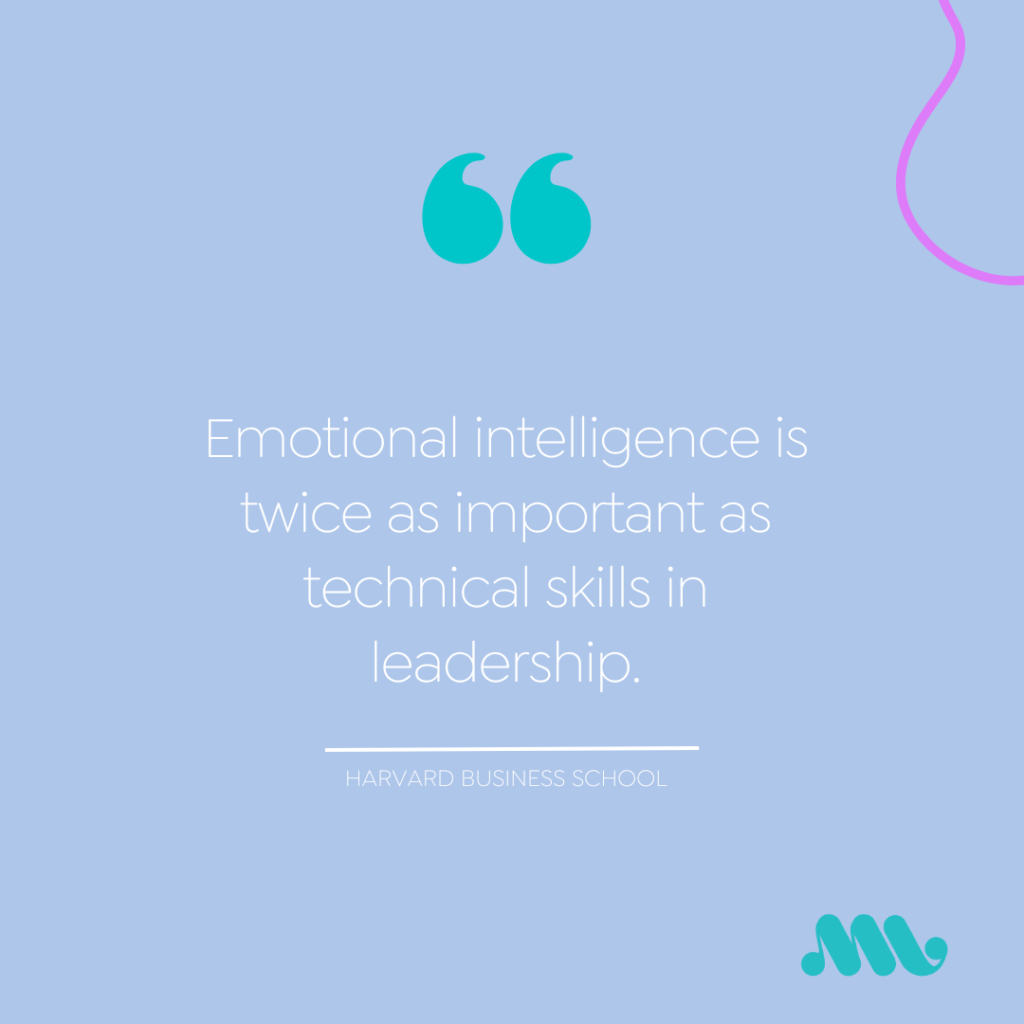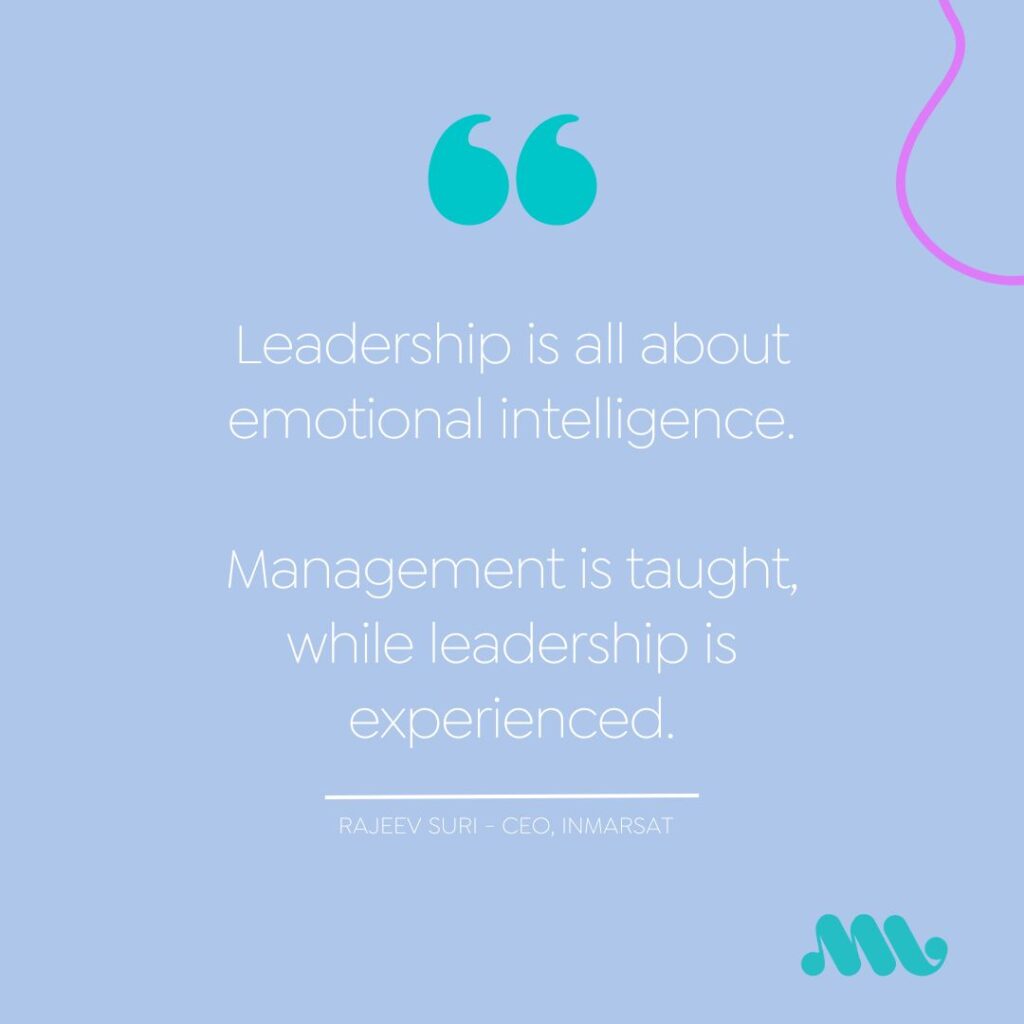EQ beats IQ
Imagine being in a situation where you feel like nobody’s got your back and everyone is just waiting to criticise or watch you fail. It’s tough, right? Especially when you know you’re doing your best, trying to make things better for everyone, but all you’re met with is resistance and negativity. It takes an emotional toll on you and makes you wonder if it’s even worth the effort.

Now, think about CEOs and senior leaders. They’re not made of stone but flesh & blood.
When they’re tasked with leading their teams through tough times, it’s no different. They face the same challenges of being disliked, misunderstood, and constantly caught between a rock (what’s best for their teams or employees) and a hard place (what’s best for the business).
Heart Beats Brains
While management skills can be learned through education and training, leadership goes beyond that and expertise, wisdom and a range of “soft skills” that can be used to motivate their people and thrive through challenges. These “soft skills” all boil down to emotional intelligence (EI).
Leaders set the tone of their organisation.
Studies have shown that leaders who ace their EI game can really make a difference.
They can boost team performance, amp up employee engagement, and keep the ship steady even in the stormiest seas.
When times get tough, that’s when EI really comes into play.
Lauren Landry from Harvard Business School writes: “While you might excel at your job technically, if you can’t effectively communicate with your team or collaborate with others, those technical skills will get overlooked.

Facing the Fire
Take Alan Mulally, for example. Stepping into the CEO role at Ford during one of the roughest patches in automotive history, the 2008 financial crisis.
Instead of hiding or spinning the truth, Mulally leaned into his EI toolkit by:
- Getting comfortable with the discomfort of being the most unpopular man in the room.
- Keeping it real. No sugarcoating, no hiding the facts. He sat down with his team, laid out the harsh reality of the crisis, and fostered a culture of trust and transparency. That honesty brought everyone together, united in facing the challenges they were facing head-on.
- Showing up! Mulally made sure everyone’s voice was heard, from the factory floor to the boardroom. By valuing diverse perspectives and empowering employees to be part of the solution, he created a sense of ownership and camaraderie that propelled Ford forward.
- Modelling a leadership style that was characterised by empathy, honesty, integrity, and a strong emphasis on teamwork. He encouraged open dialogue, collaboration, and collective problem-solving, creating a supportive environment where employees felt valued and motivated to work together. This emphasis on teamwork helped build solidarity and resilience within the organisation despite the challenges.
- Constantly reinforcing Ford’s strategic focus and long-term goals & vision. This strategic clarity provided a sense of direction and stability despite the chaos, helping to instil confidence among employees and investors.

Mulally didn’t take the easy way out. He didn’t dodge the tough conversations or play games with the truth. Instead, he leaned into his emotional intelligence, leading with honesty, integrity, and a whole lot of heart.
During this experience Mulally positioned himself as a trustworthy, lighthouse leader and enabled Ford to weather the storm and emerge stronger from the crisis.
This could easily have resulted in a disengaged, disillusioned and possibly even angry workforce – the ones that stuck it out anyway. The ripple effects would have far outlasted the financial crisis, casting a long shadow over Ford’s performance.
Looks like those “soft skills” pack quite the punch!
